Understanding the relationship between hormones within your body is crucial, especially when it comes to fertility rates. Both estrogen and testosterone are key players in reproduction and fertility, and thus balancing these hormones naturally can support you through the struggle to get pregnant.
By embracing Dr. Sebi’s wisdom on the importance of cleansing, healing, and replenishing our bodies, you can nurture your body, ensuring it’s a fertile ground for the seeds of life to flourish.
Fertility Rates and the Struggle to Get Pregnant
Fertility is a pressing issue that reflects broader societal, health, and environmental factors. Recent data highlight significant trends in this area, shedding light on the changing landscape of family planning and reproductive health. Consider the following:
- Total Fertility Rate: The total fertility rate (TFR) is an estimate of the average number of children a woman will have over her lifetime, according to the World Health Organization (WHO). For a population to maintain its size without immigration, a country needs a TFR of about 2.1 children per woman. In regards to U.S. fertility, the TFR has fallen below this number, indicating a shrinking population.
- American Birth Rate: According to the Centers for Disease Control and Prevention (CDC), the number of births in the United States dropped almost 23 percent between 2007 and 2022. It’s currently 56.3 births per 1,000 women ages 15 to 44.
- Birth Rate Decline: Several factors contribute to the birth rate decline, including economic uncertainties, career and educational pursuits, access to contraception, and changing societal norms regarding family size.
- Fertility Levels by Age: A woman in her early to mid-20s has a 25 to 30% chance of getting pregnant, according to the American College of Obstetrics and Gynecology. Fertility levels by age show a clear decline in female fertility starting in the late 20s and early 30s, with a more pronounced decrease after 35. By 40, the chance of getting pregnant is around 5%.
Understanding Estrogen and Testosterone
Testosterone and estrogen, while often associated with male and female health respectively, work together to facilitate reproductive functions. Both hormones are present in everyone, with their levels and balance affecting fertility rates.
Estrogen's Role in Fertility
Estrogen plays a pivotal role in female fertility, preparing the body for pregnancy and regulating the menstrual cycle. There are three types of estrogen: estrone (E1, associated with menopause), estradiol (E2, most common during reproductive years), and estriol (E3, primary form during pregnancy), according to the Cleveland Clinic.
In general, estrogen regulates the growth of the uterine lining during the first part of the cycle, preparing it for pregnancy, and supports the maturation of ovarian follicles, from which eggs are released. Estrogen also triggers the luteinizing hormone surge necessary for ovulation. Moreover, it affects the cervical mucus, making it more permeable to sperm.
If estrogen levels are too high or too low, it can disrupt these processes and lead to fertility issues.
Testosterone's Role in Fertility
Testosterone's role in fertility is multifaceted, impacting both men and women in significant—and different—ways.
In men, testosterone is fundamental for sperm production and libido by stimulating the development of male reproductive tissues. Low levels of testosterone can lead to decreased sperm count and motility, directly affecting male fertility.
In women, though present in lower quantities, testosterone aids in ovarian function and the regulation of the menstrual cycle, contributing to the health of follicles and influencing egg development.
Other Reproductive Hormones
Beyond estrogen and testosterone, several other hormones play critical roles in fertility and pregnancy.
- Luteinizing hormone (LH) triggers ovulation and the release of the egg from the ovary.
- Follicle-stimulating hormone (FSH) is essential for the growth and maturation of ovarian follicles in women and stimulates sperm production in men.
- Prolactin, though primarily associated with milk production, can affect fertility by influencing menstrual cycle regularity and ovulation.
- Progesterone prepares the uterine lining for a fertilized egg and supports early pregnancy.
- Human chorionic gonadotropin (HcG) is produced during pregnancy and supports the development of an egg in the ovary and stimulates the release of the egg during ovulation.
- Anti-Müllerian hormone (AMH) helps assess a woman's ovarian reserve or the number of viable eggs remaining, which can be an indicator of fertility potential.
- Dihydrotestosterone is an androgen hormone derived from testosterone, controlling the development of male characteristics, such as body hair growth and prostate health.
- Relaxin, produced by the ovaries and placenta, is critical during pregnancy for preparing the body for childbirth by relaxing the uterine muscles.
Effects of Hormonal Imbalances on Fertility
Hormonal imbalances can profoundly impact fertility, making it a struggle to get pregnant, lose weight, have energy, or have a regular cycle. When hormones like estrogen, testosterone, LH, FSH, and progesterone are not in the proper balance, the body's reproductive system may not function optimally.
For instance, high levels of prolactin can inhibit ovulation, leading to irregular menstrual cycles or amenorrhea (absence of menstruation), which directly affects a woman's ability to conceive. Similarly, polycystic ovary syndrome (PCOS) is characterized by an imbalance of sex hormones, leading to ovulation irregularities and, consequently, fertility issues.
In men, low testosterone levels can result in decreased sperm production and quality, affecting male fertility. Additionally, hormonal imbalances can influence the libido in both men and women, further complicating efforts to conceive.
Managing Hormone Levels When Trying to Conceive
A balanced approach, incorporating lifestyle changes and possibly medical interventions, can support the body’s natural hormonal balance and improve the chances of conception.
Natural Supplements
One foundational way to support hormonal health is through supplements like Dr. Sebi’s Estro and Testo. Testo is formulated with a combination of natural herbs known for their ability to support sexual health, including enhancing testosterone levels, improving stamina, and promoting better blood flow for erectile strength.
Estro uses antioxidants and aphrodisiacs with herbs such as hydrangea, damiana, and sarsaparilla, which support female libido, reproductive health, and hormonal balance while also addressing menstrual comfort.
Dietary Adjustments
An alkaline-focused diet, rich in fruits, vegetables, nuts, and seeds, can help maintain an optimal pH balance in the body, conducive to hormonal health. Integrating foods high in fiber can also support hormone detoxification processes, while foods rich in essential fats, like avocados and olive oil, are vital for hormone production.
Monitor and Test
Keeping track of menstrual cycles and ovulation can provide valuable insights into hormonal health. Over-the-counter ovulation predictor kits and fertility monitors can help track ovulation at home. For more detailed analysis, blood tests prescribed by a healthcare provider can provide a more comprehensive view of the status of reproductive hormones.
Consider Environmental Factors
Minimizing exposure to endocrine-disrupting chemicals (EDCs) found in plastics, personal care products, and certain household items can also support hormonal health. Opting for organic foods where possible reduces exposure to pesticides known to affect hormone function.
Reduce Stress
Reducing stress helps manage hormone levels. Practices such as meditation, yoga, and mindfulness can significantly lower cortisol levels, supporting hormonal balance. Adequate sleep, typically 7 to 9 hours per night, is also crucial, as it allows the body to repair and regulate hormone production.
See a Doctor
For those with identified hormonal imbalances, medical treatments may be necessary. Depending on the specific issue, treatments can range from person to person.
Frequently Asked Questions
- What are the signs of estrogen or testosterone imbalance affecting fertility?
- Signs of estrogen or testosterone imbalance manifest differently in men and women. In women, symptoms of estrogen imbalance may include irregular or missed menstrual cycles and symptoms such as hot flashes, mood swings, weight fluctuations, and vaginal dryness.
- For men, a testosterone imbalance can lead to reduced sperm count and motility, decreased libido, and erectile dysfunction. Additional signs include changes in body hair, muscle mass, and fatigue. Both men and women may experience weight gain and trouble sleeping.
- How do estrogen and progesterone affect the menstrual cycle?
- Estrogen rises first, thickening the uterine lining and preparing an egg for release. After ovulation, triggered by a hormone surge, progesterone takes over, maintaining the uterine lining for a potential pregnancy. If fertilization doesn't occur, progesterone levels fall, and menstruation begins, shedding the lining.
- What environmental factors influence estrogen and testosterone levels?
- Exposure to endocrine-disrupting chemicals (EDCs) is a primary concern. EDCs, found in plastics (bisphenol A, or BPA), pesticides, and certain personal care products (phthalates), can mimic or interfere with the body's natural hormones. Diet also plays a role; consuming foods with high levels of pesticides or hormones, often found in non-organic produce and meat, can alter hormone levels.
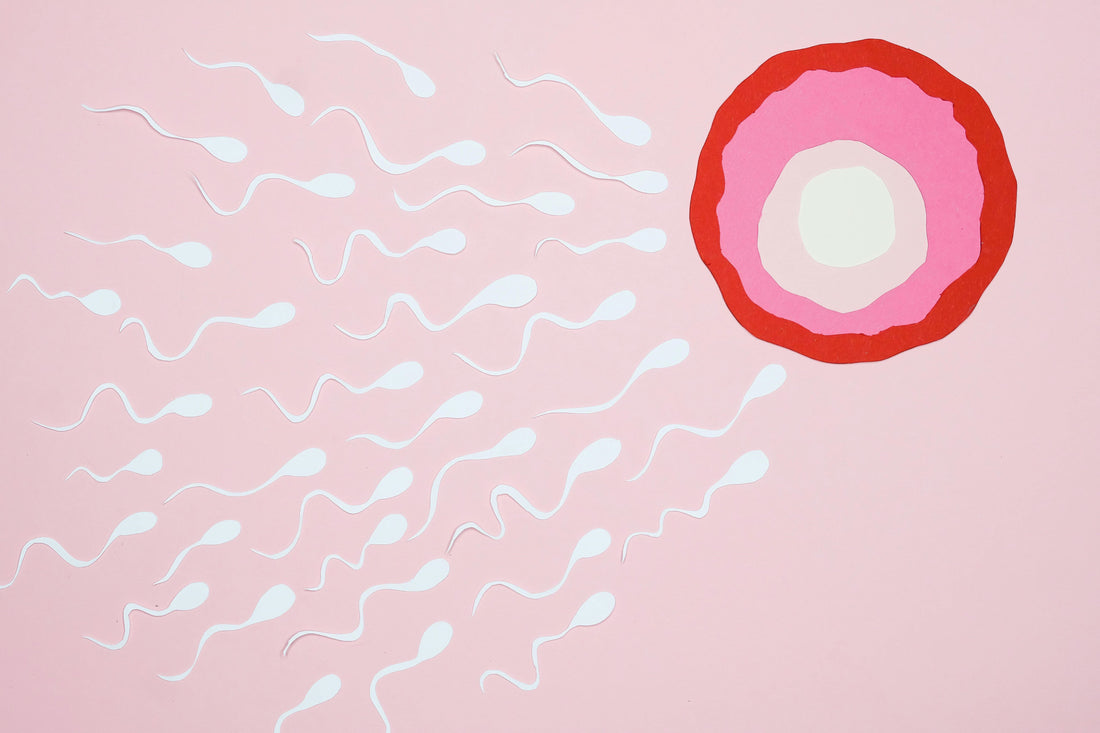

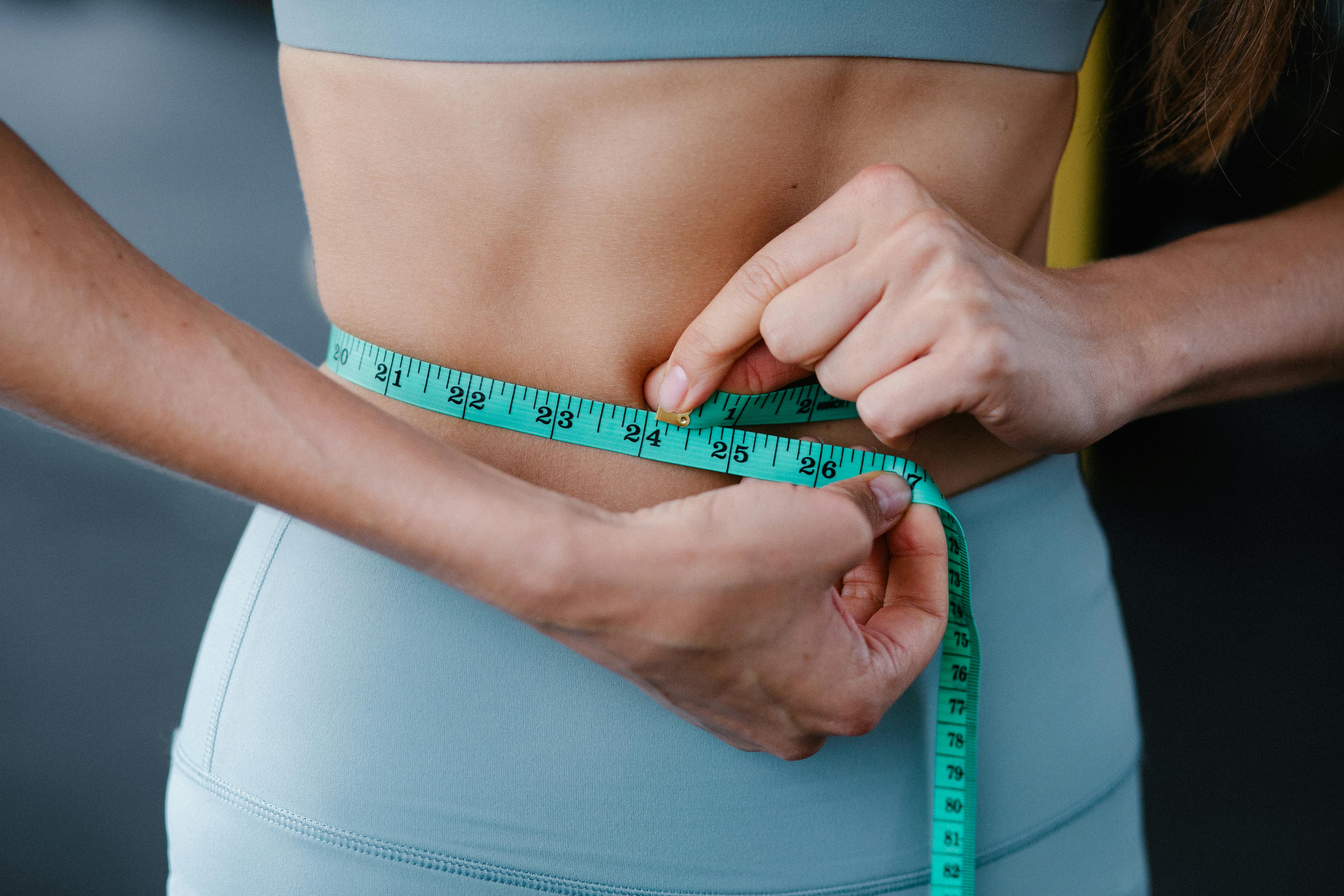
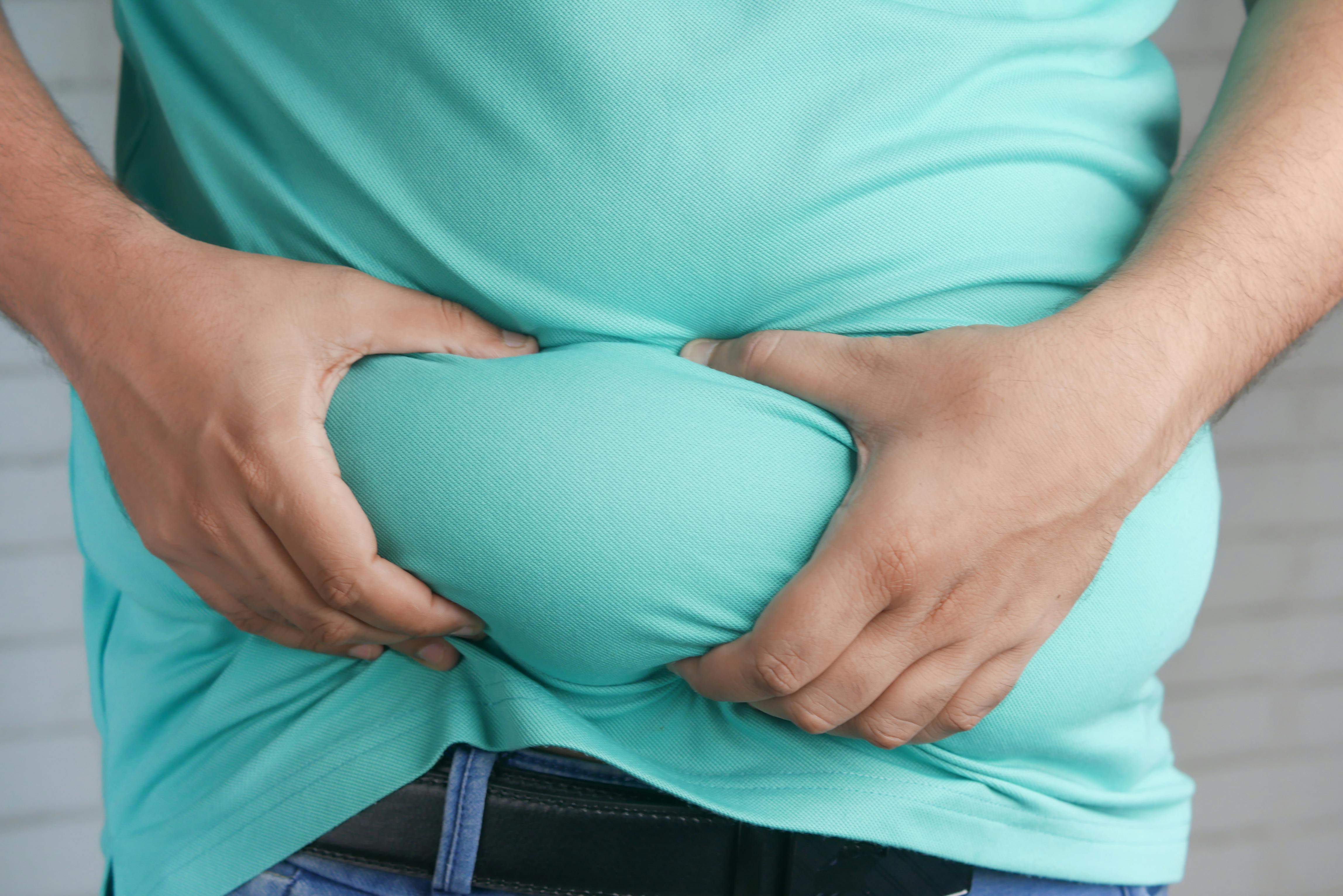
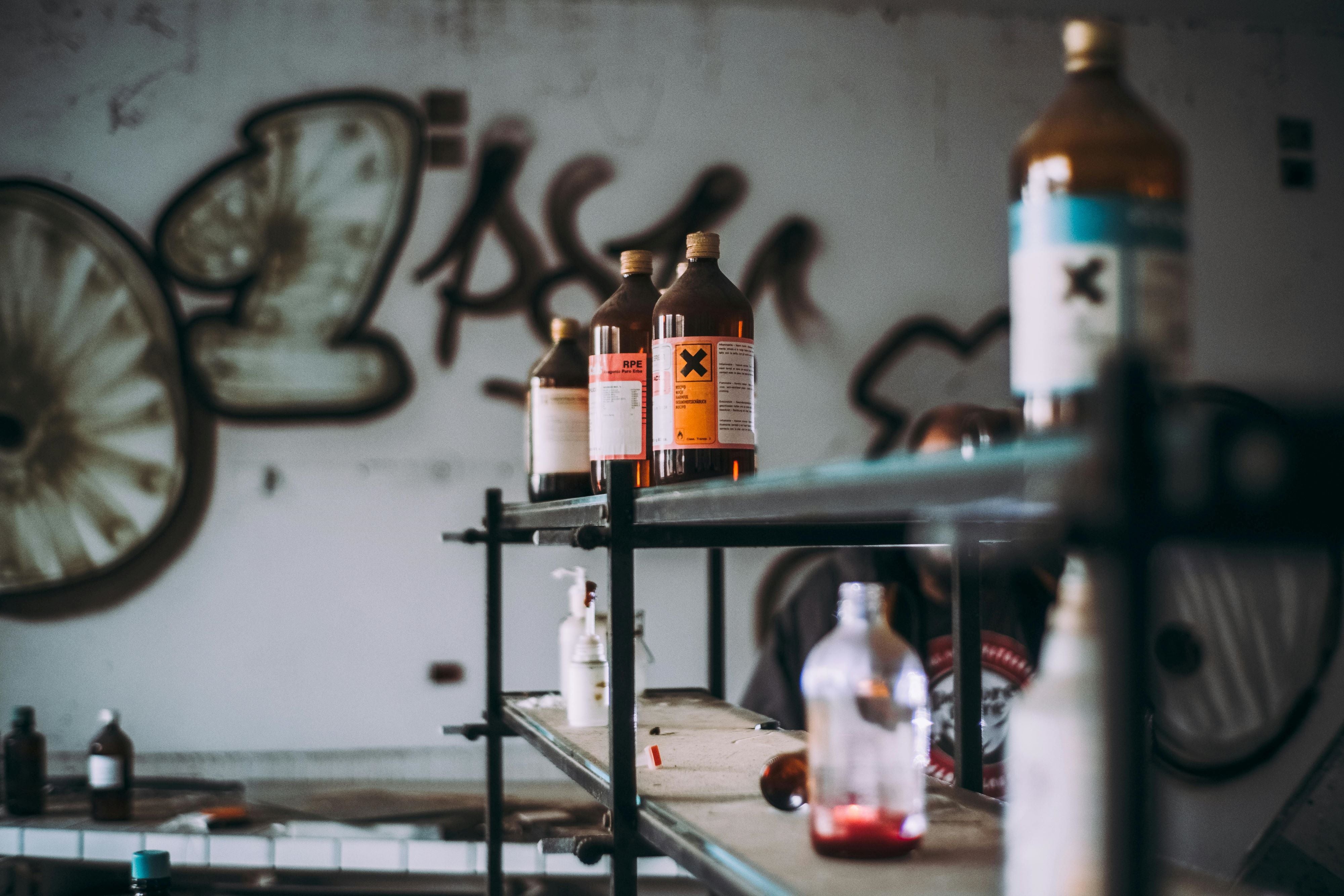

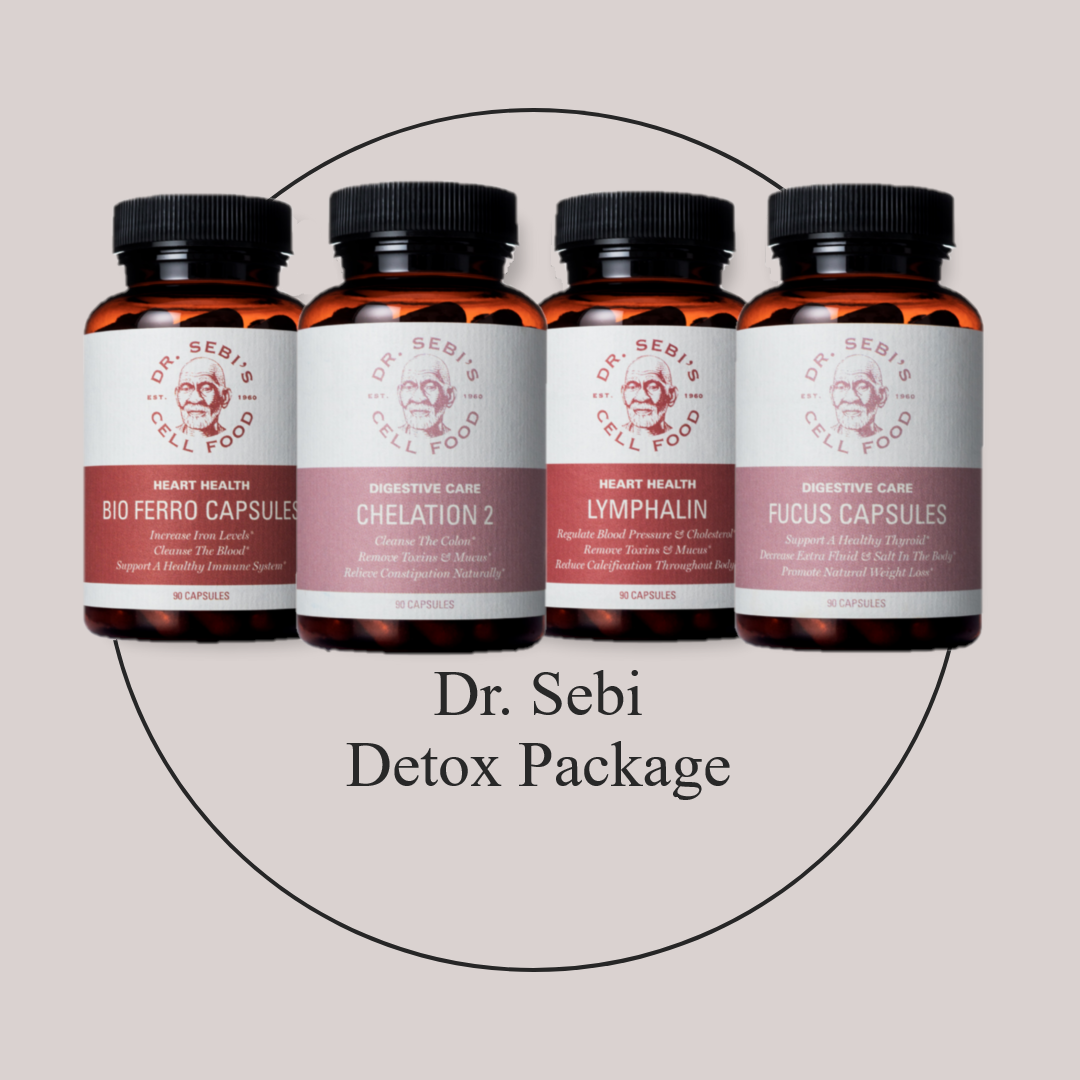
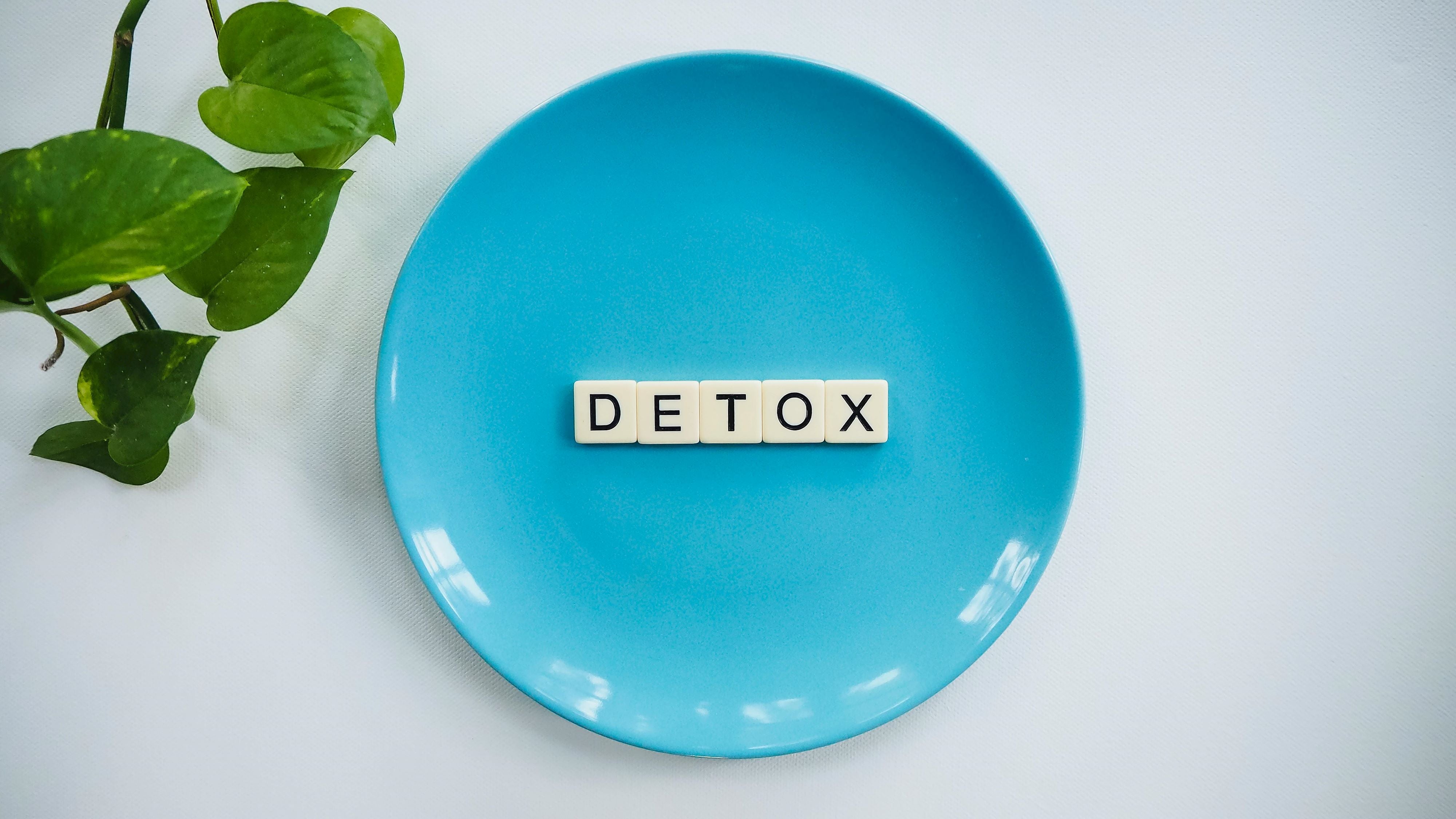
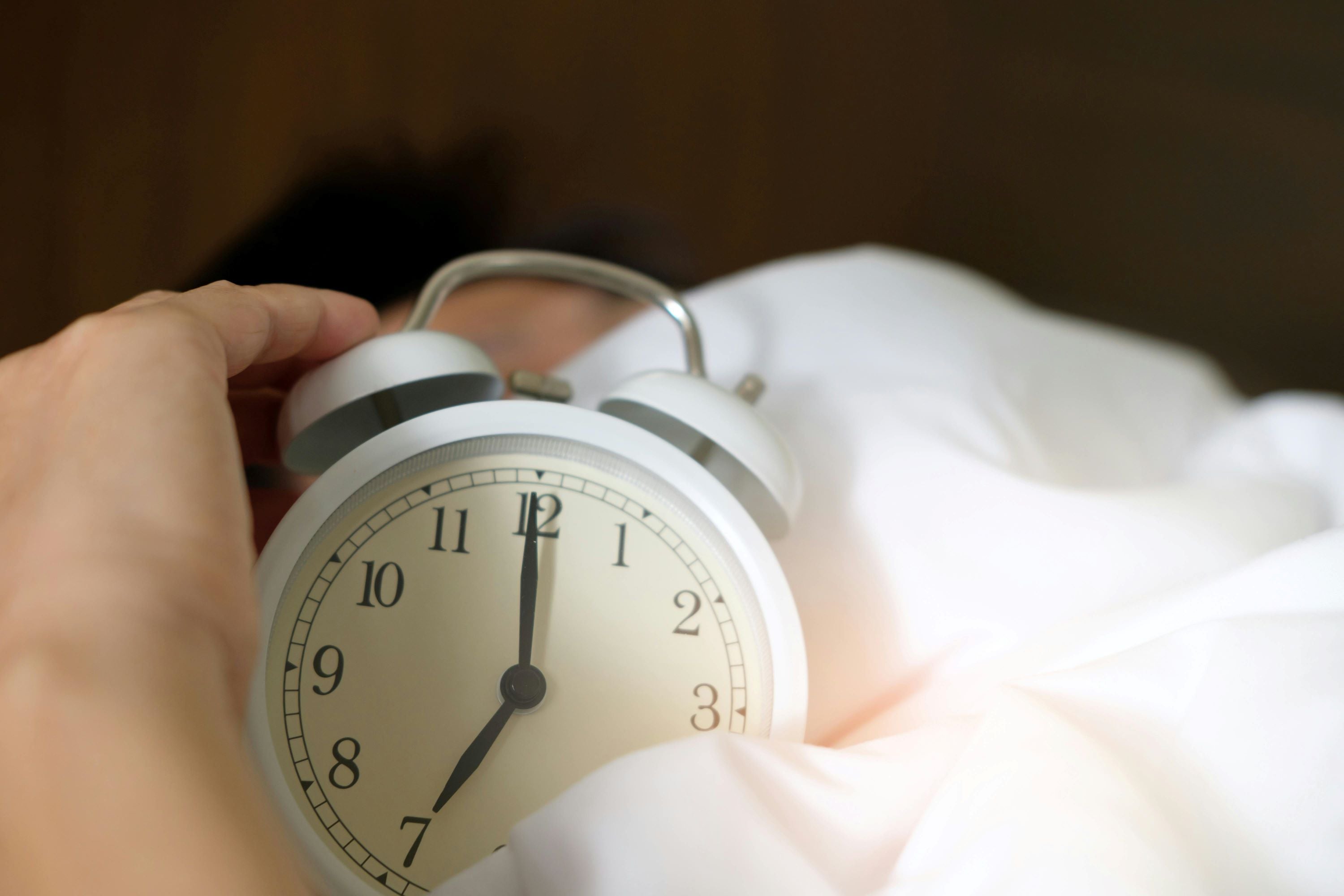




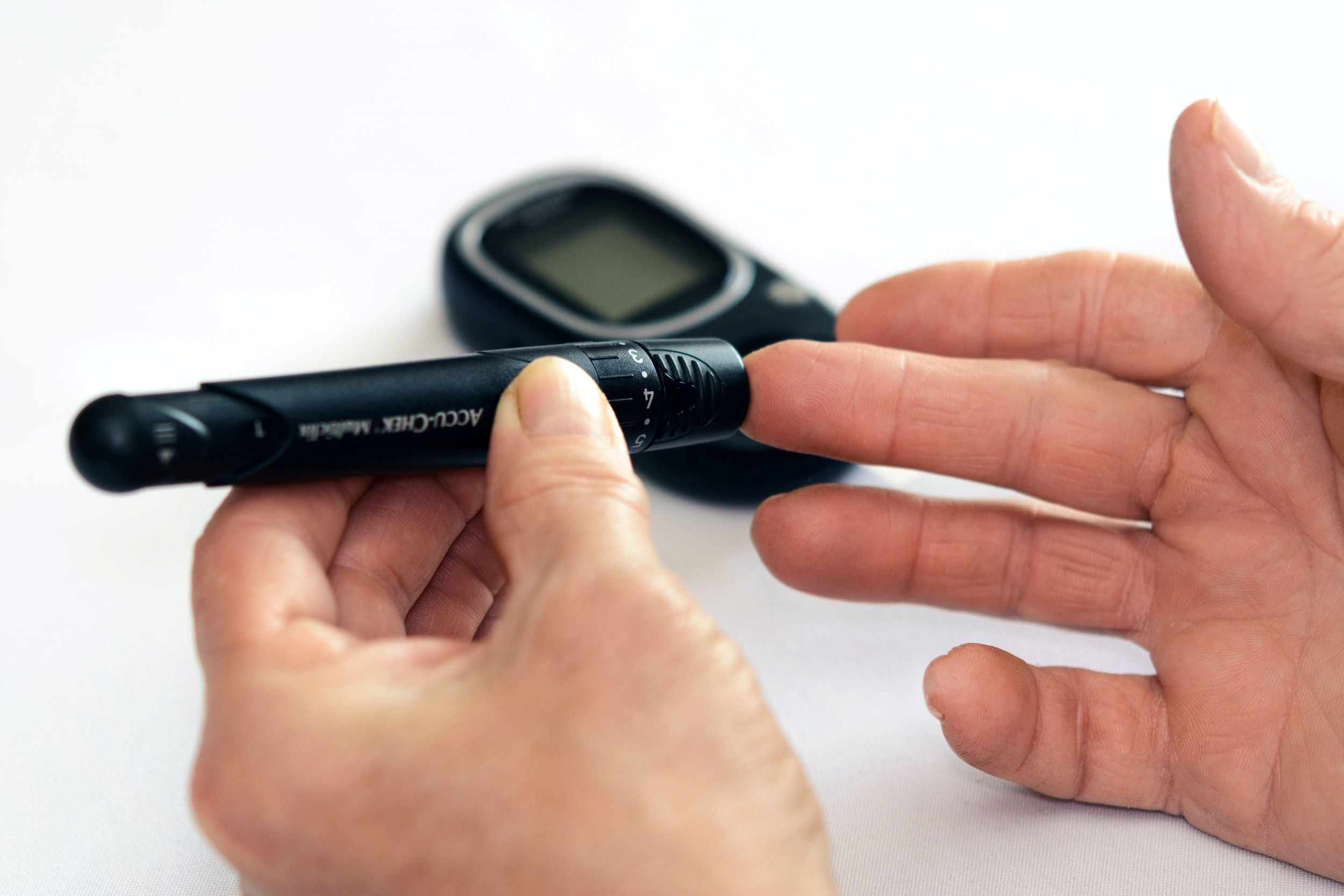
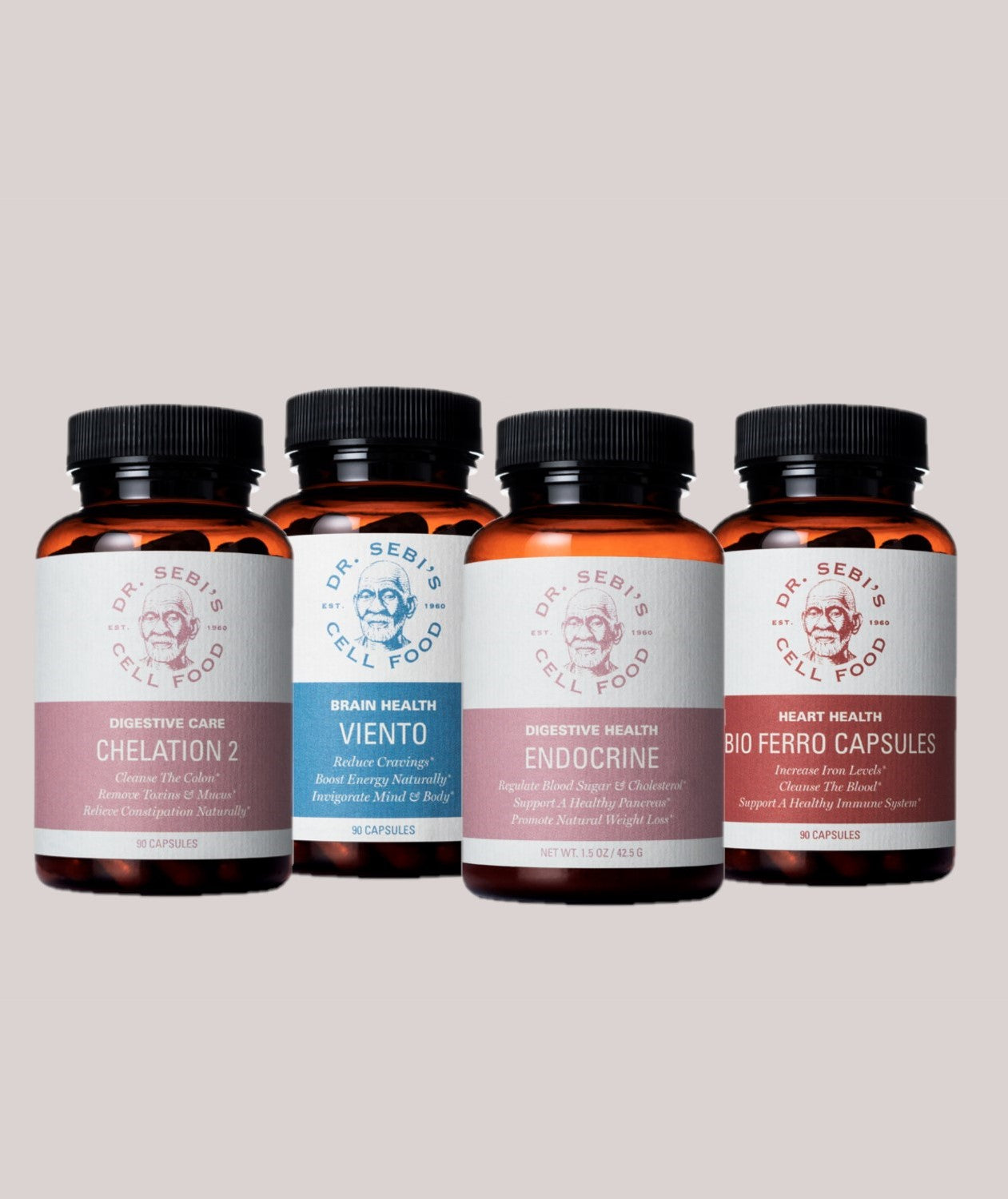


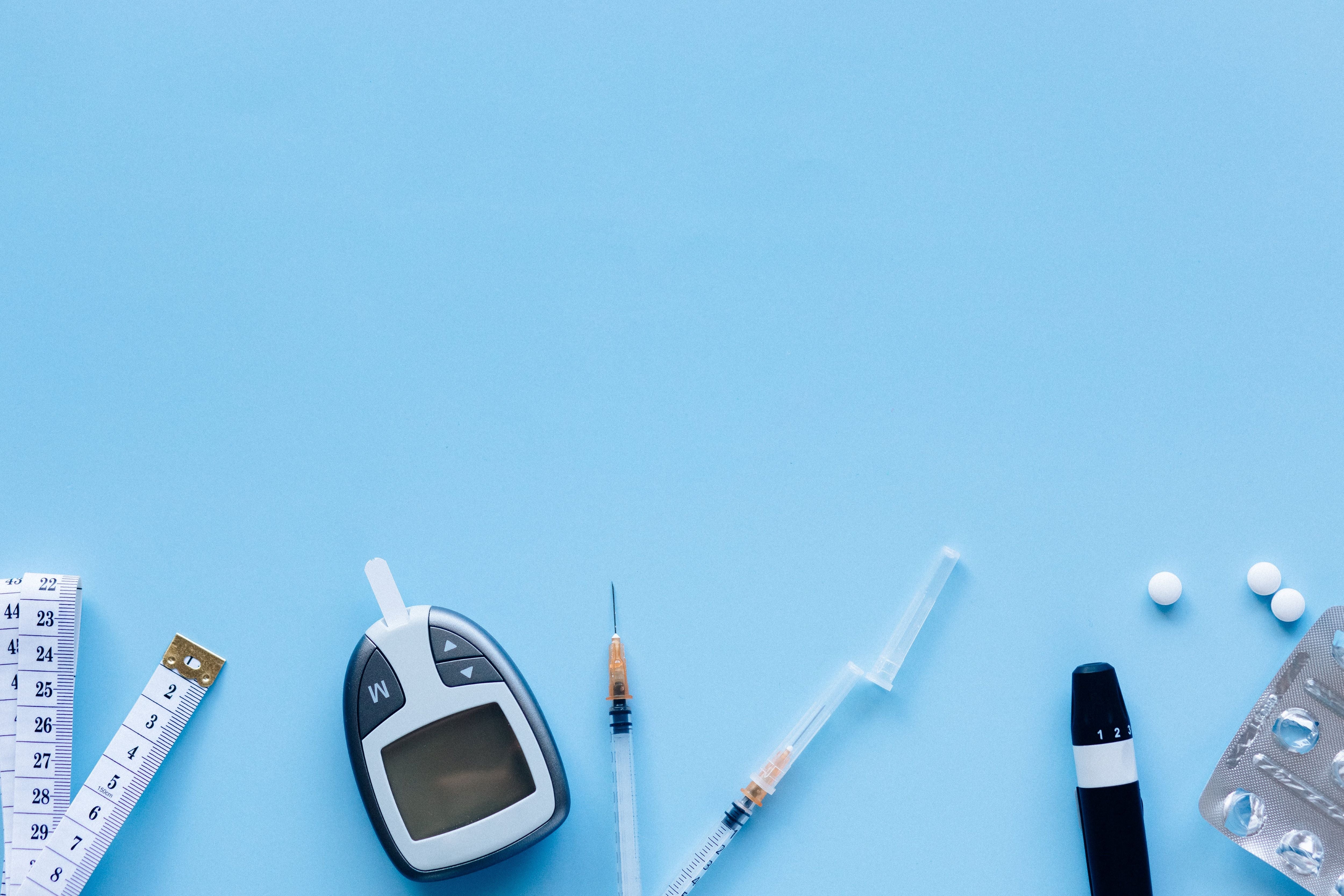
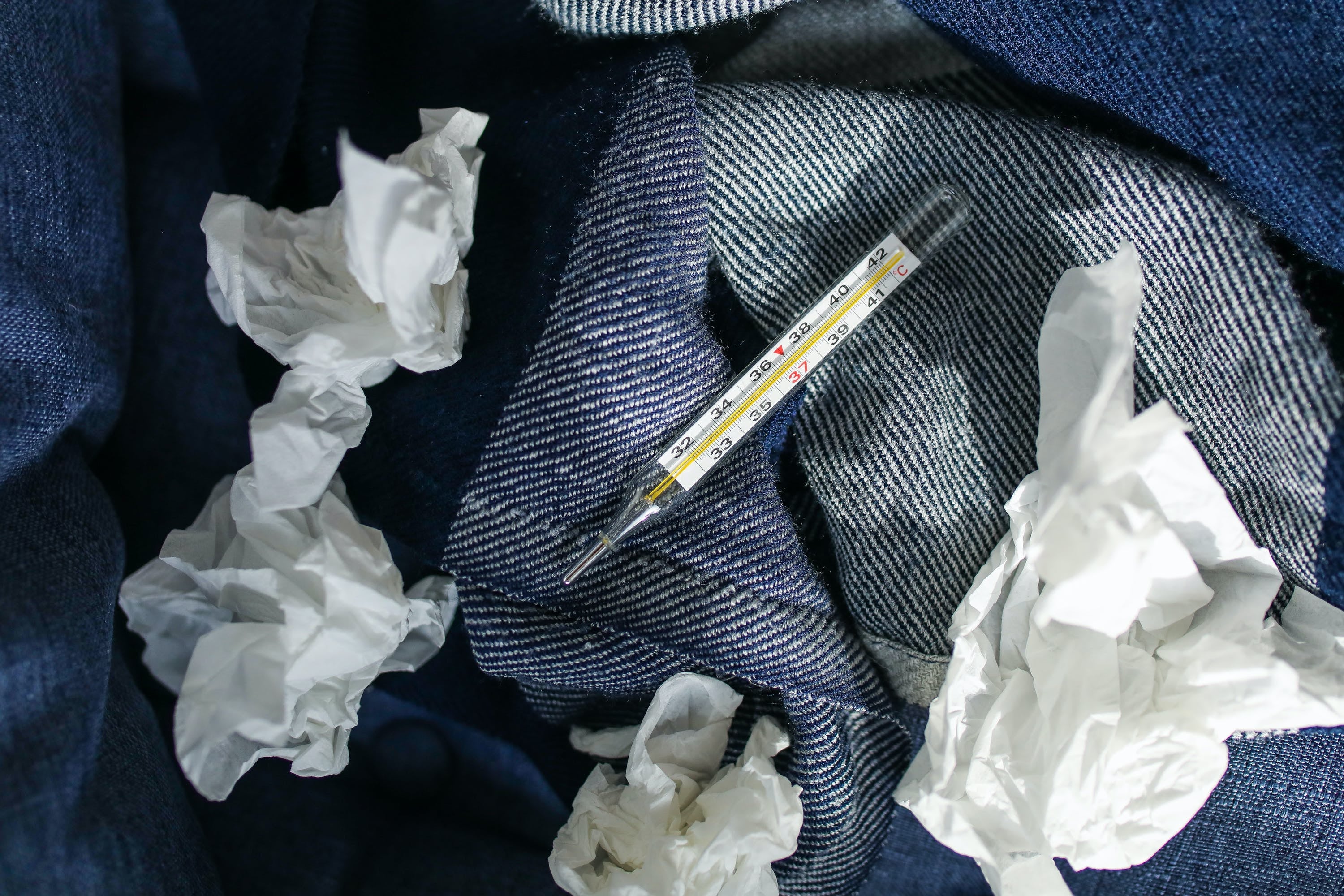





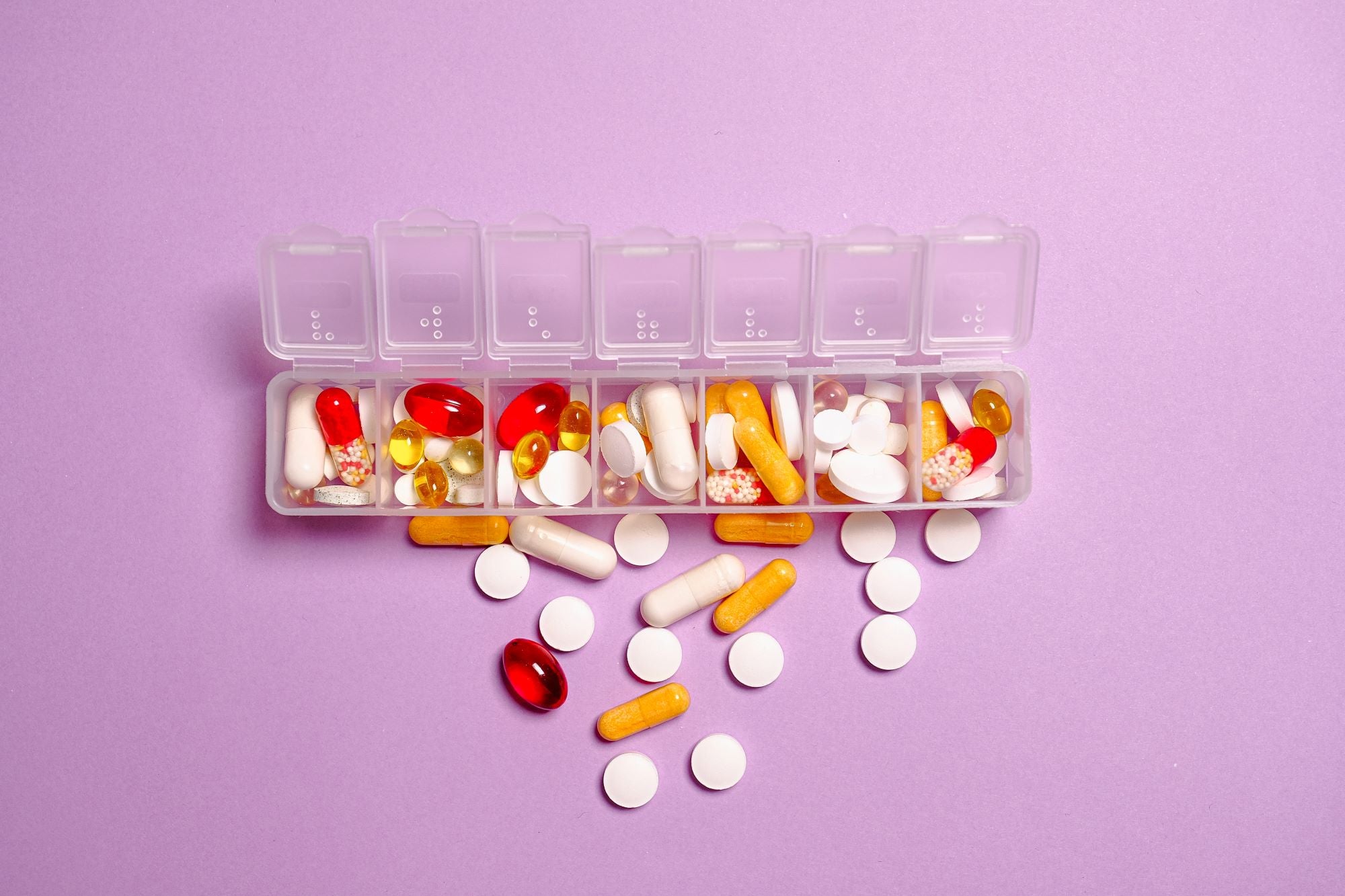
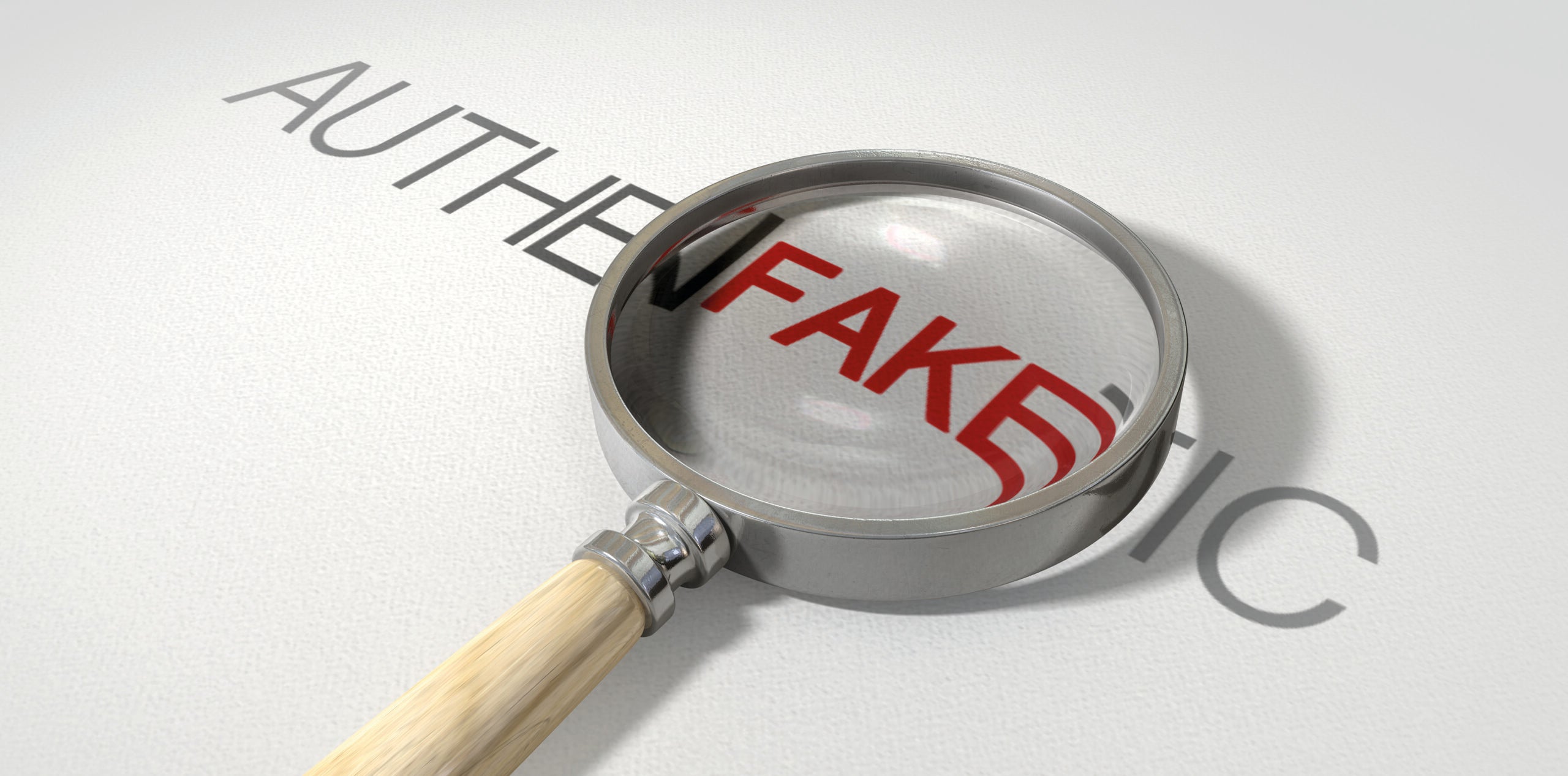




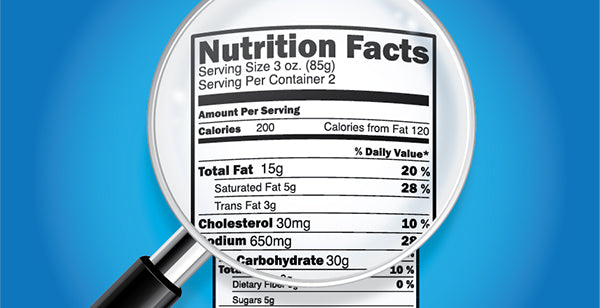
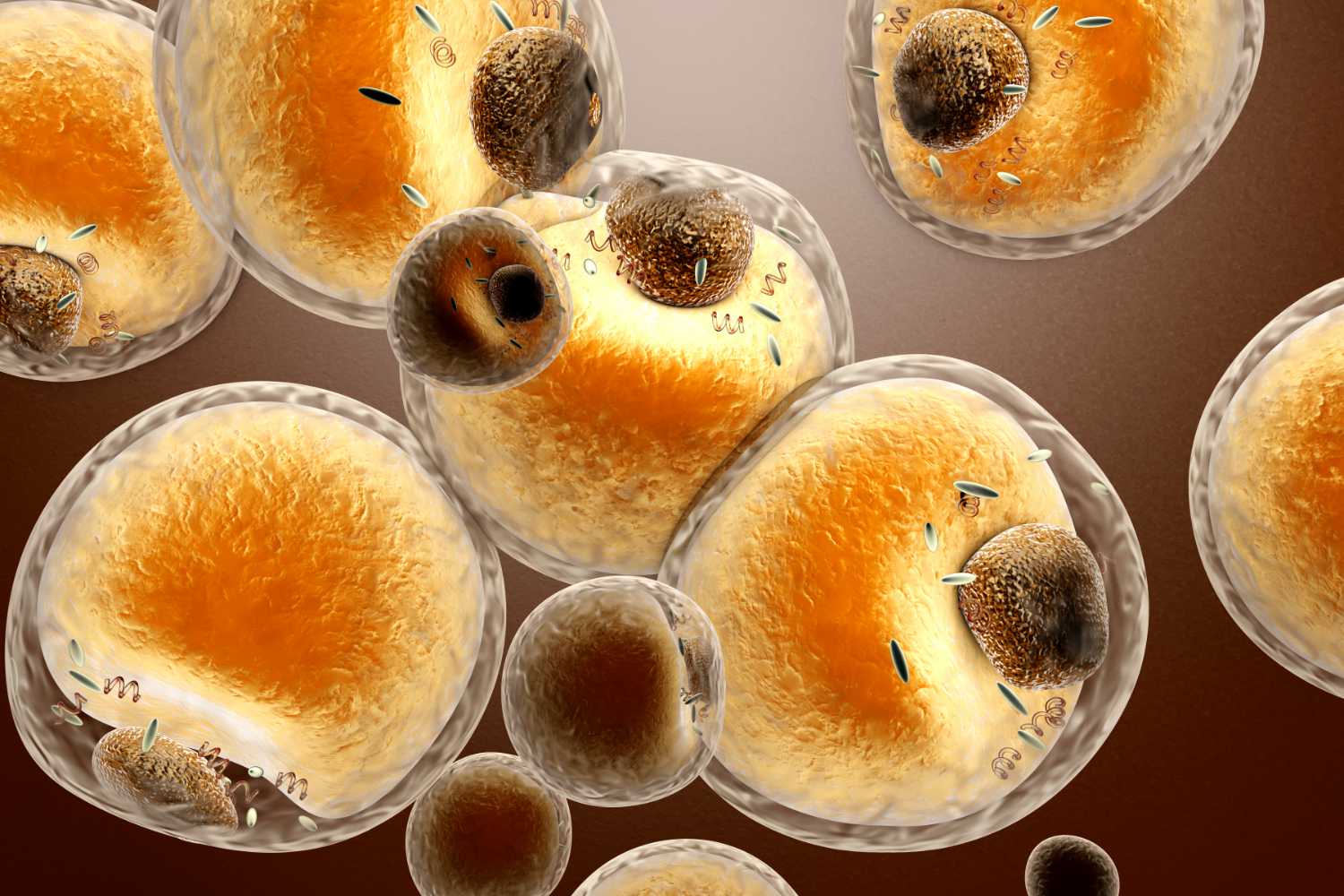




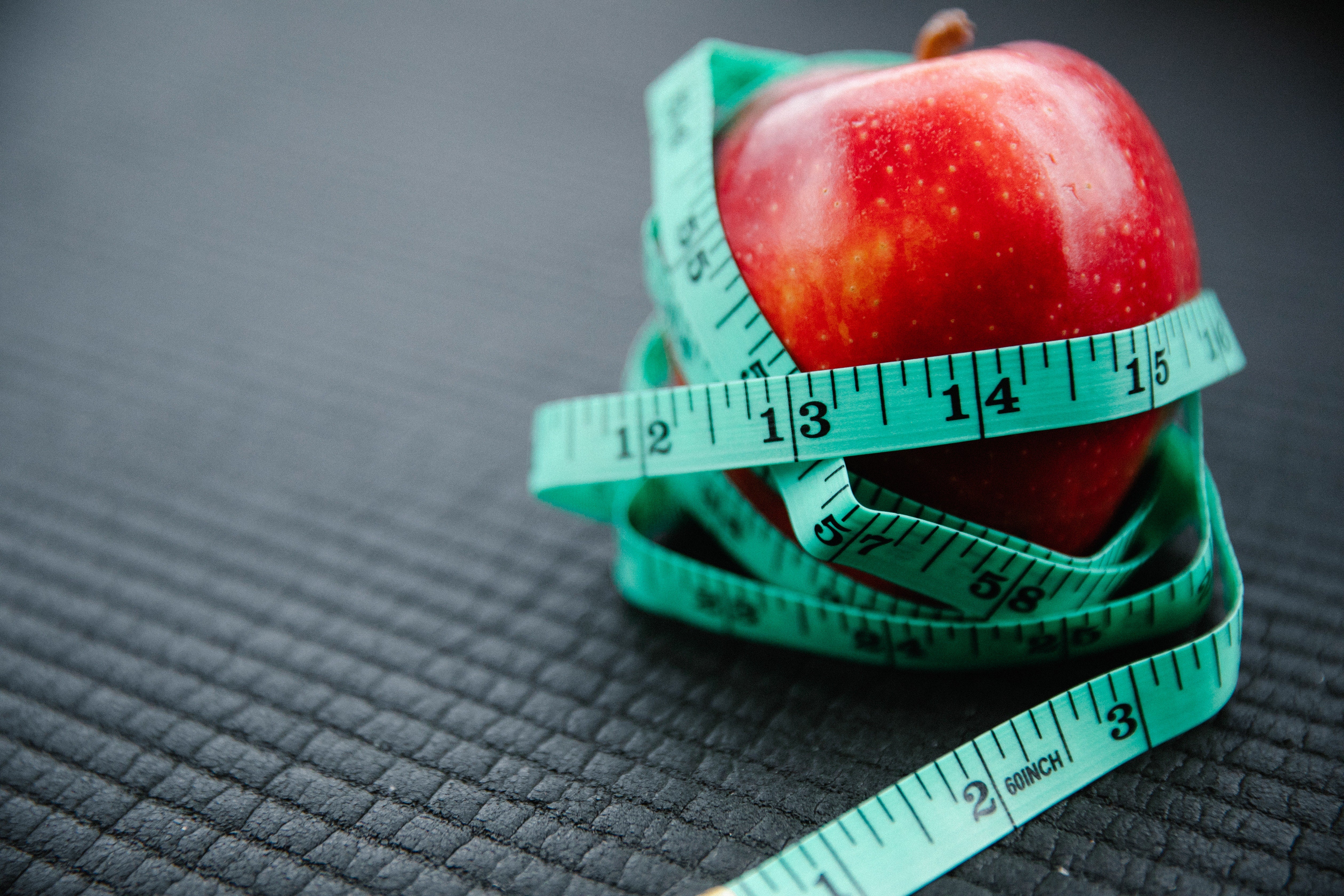






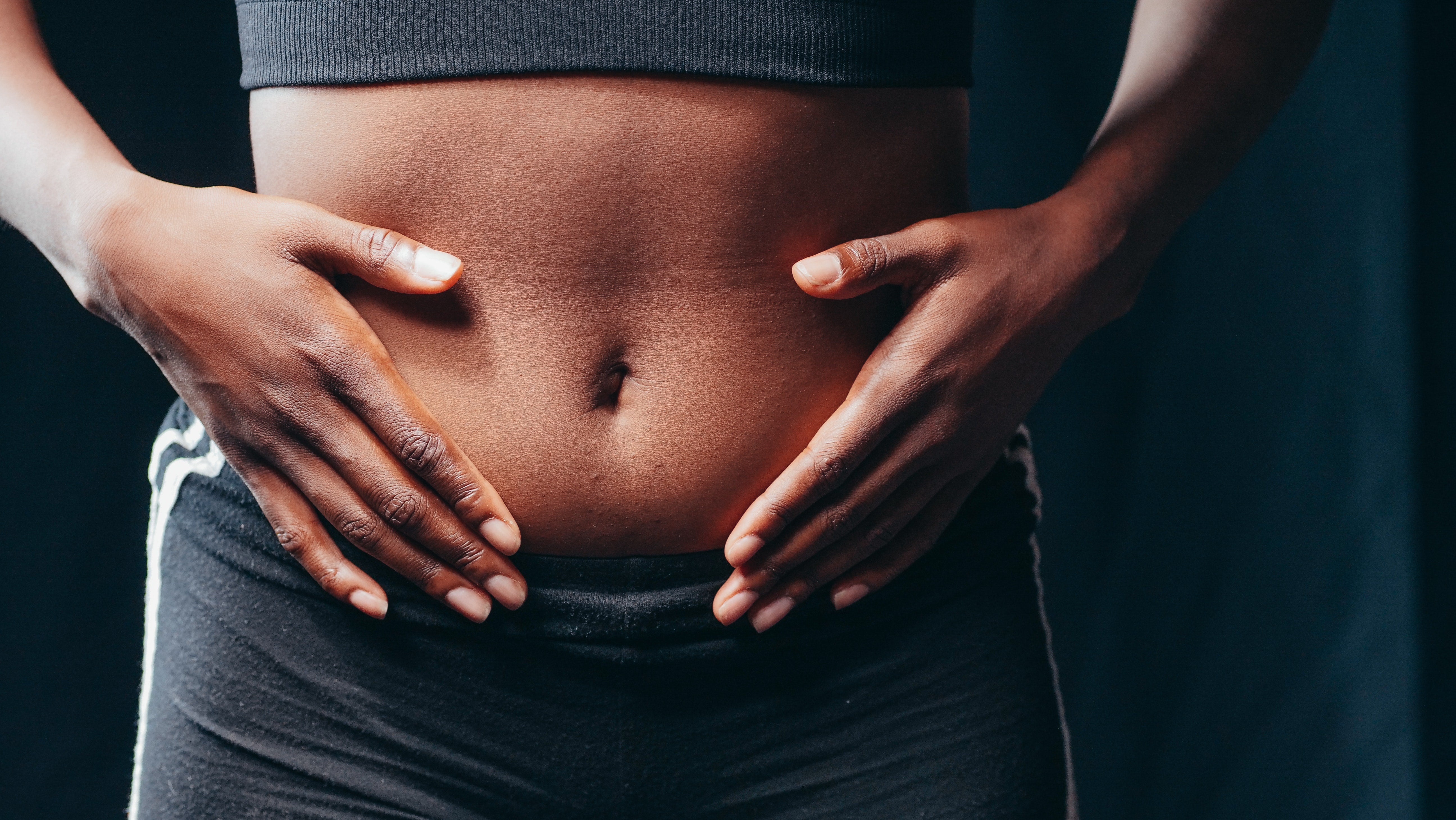
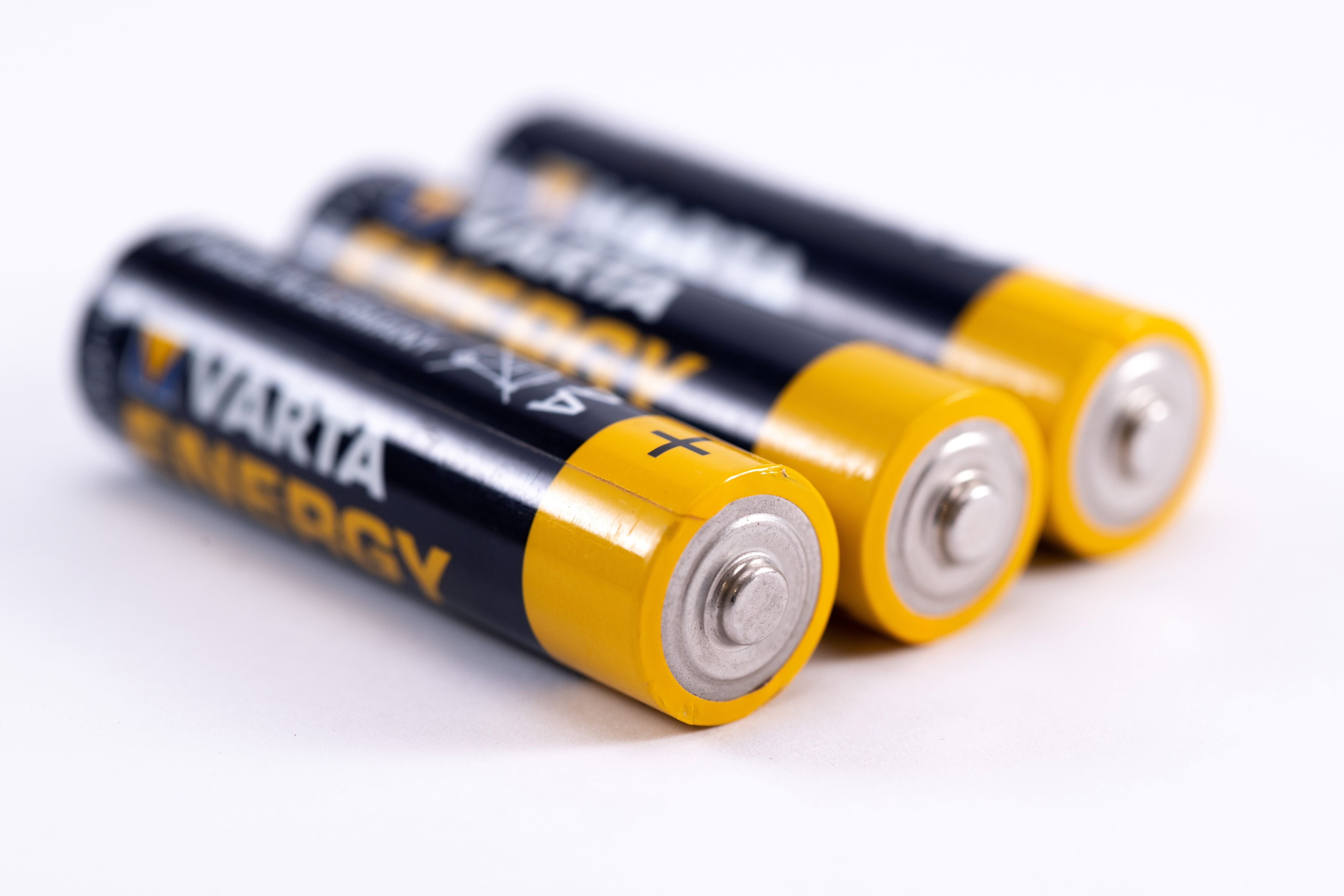





1 comment
how can i lower my Extrogen